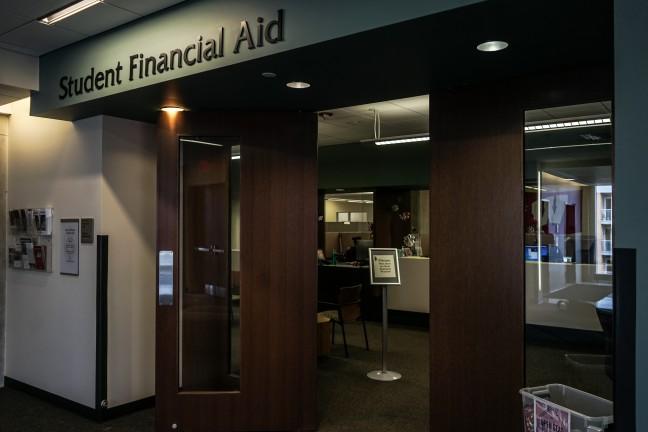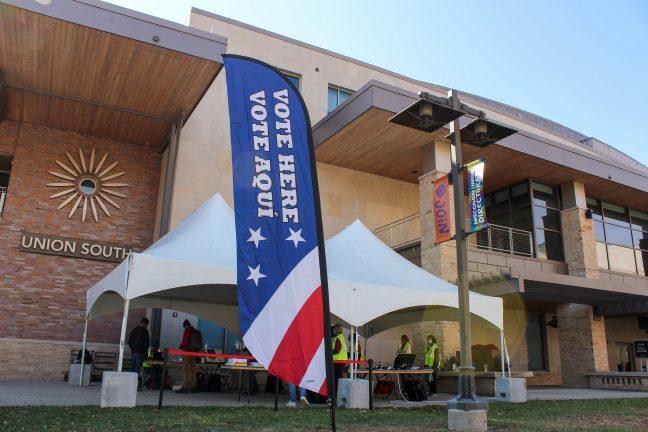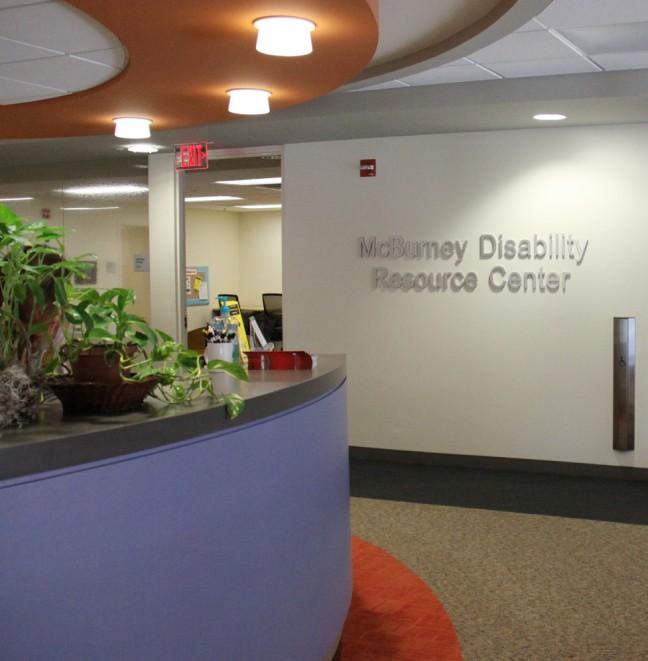With recent news of the University of Wisconsin administration’s decision to charge all first-year students a $1,400 dining hall deposit, questions on the effectiveness and merit of the decision have arisen.
Jeff Novak, Director of Housing & Dining at UW, stated the main reason of the decision was to be more transparent to families who are left in the dark on how much money food at the university actually costs. This plan would also help stabilize dining halls, which are currently losing money. A guaranteed $1,400 from every first-year student (where unspent money is forfeited to the university at the end of the year) would help ensure a profit for dining halls.
There are a boatload of problems with a decision like this: The fact that students were barely involved in the decision, that the administration hasn’t yet decided if they’ll give exceptions or not or whether this could be included in financial aid. But a crucially important issue from this decision is the lack of accessibility.
Students from lower-income backgrounds will be hurt by this measure. On top of the already steep cost of books and housing, an extra $1,400 on top of that is worrisome, especially when you’ll never see any unused dollars again. Some freshmen use jobs to help pay for food throughout the year, and requiring this amount of money upfront could be difficult depending on the economic background of different students. Especially when it looks like a tiered system that will reward students who pay more into it, further discriminating against lower-income students.
University dining to require students in residence halls to purchase minimum $1400 meal plan
This decision will also hurt students who can’t eat at the dining halls for dietary or religious reasons. Students that have specific restrictions, such as being gluten-free or vegan, already face tough challenges in the dining halls. Religious students, such as Jewish and Muslim students who follow specific religious laws, ones that the dining halls do not follow, also have an extremely difficult time finding options in the dining halls.
Currently, only two dining halls offer Kosher options, a prepackaged sandwich or a prepackaged salad, for Jewish students all around campus. These options do not even receive the residency discount. Many religious students, because of the lack of options, have adapted by rarely eating at the dining halls. Many students just avoided the dining halls and ate at places like Adamah, a Kosher restaurant located in the Hillel building, as well as other restaurants that serve Halal or other religiously acceptable options.
Requiring these students, who choose to eat elsewhere due to religious restrictions, to pay $1,400 for food they can’t even eat shows the true thought that the administration put into this. Sure, administrators will point to the fact that students who strictly follow Kosher or Halal laws are a small population of the campus, or that the dining halls are working on adding more options, but dining halls will never be able to fully accommodate those observing strict religious laws. Further sidelining the experiences of already marginalized communities goes against everything the administration should be trying to do. Students know when and where they should eat, so leave it up to them to decide.
New university dining policy faces criticism from students, alumni
There is no good reason to continue with this decision. If the administration thinks this will help “the cost of food be more transparent to students and parents”, they should recommend amounts, not require them. If the administration thinks forcing low-income and religious students, or any student, to pay a non-refundable deposit every year because the dining halls are losing money, they sorely need to reevaluate their values. The administration needs to know, as soon as possible, that this decision is wrong. Right now is the time to show the voice of students.
Sign this petition, speaking out against the decision, and get involved in the conversation. The administration needs to know that their profits are not a higher priority than student’s needs and wants.
Ekenedilichukwu Ikegwuani is a senior ASM representative studying Neurobiology and Psychology, and Yogev Ben-Yitschak ([email protected]) is the Outreach Director of ASM, a sophomore studying Marketing and Digital Studies.














